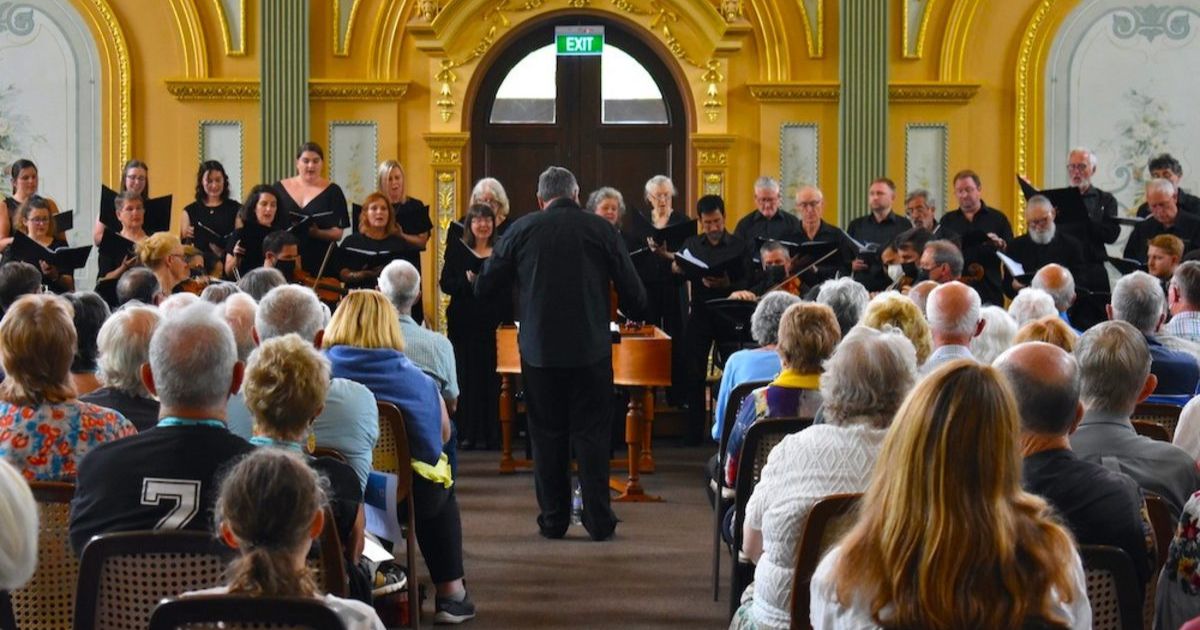From the desk of Roland Rocchiccioli

Ballarat police Acting Superintendent, Jason Templar, has served with the police force for 30-years. He has, several times, been honoured for his bravery.
“’Allo, ’allo, ’allo,” said Constable Plod, clasping his hands behind his back, and rising-and-falling on the balls of his large, flat feet.
For fans of the classic black-and-white, British films it was the instantly recognisable, celluloid image of a London bobby — usually played on-screen by the affable, late Stanley Holloway. While it was reassuring, it did not match the gritty reality.
The annals of law-enforcement are filled with the names of those men and women whose lives have been cut-short in the service of the public. Now, their names are writ large in the Hallowed Hall of Golden Heroes. In total, 175 Victoria Police members have died in the line-of-duty. Of these, 30 were murdered.
Always, policing has been dangerous. The stories are legendary. Paradoxically, Ned Kelly, who fatally shot three police officers is judged a folk hero. Spuriously, through the romantic hue of 2024, he is proffered as the genesis of Australian larrikinism. In truth, Kelly was a menacing bushranger; a cattle rustler who lived his short-life on the wrong side of the law. Mitigating circumstances notwithstanding, Kelly and his cohorts, were, by modern reckoning, terrorists and murderers. They should not be eulogised.
National Police Remembrance Day is an opportunity for all Australians to take a moment to reflect, with gratitude, on those courageous men and women who wear the blue uniform, and form our last-line of defence. Fearlessly, they stand between us, and anarchy and chaos — safeguarding us from those who would wreak havoc in our lives; those determined perpetrators committed to doing harm; to threatening our way-of-life with their blatant lawlessness.
We live in a nuanced and often-times dangerous and troubled world. There are dark, sinister forces at play. Policing has become more difficult. There are those who are determined to upset the status quo; to spread fear in our lives. The challenges are increasing; crimes are more complex. New technology is not only transforming the offending, but the way in which it must be fought. In honouring their sacrifice, we must, each one of us, accept some responsibility for the criminal problems confronting our communities.
Inexplicably, the insatiable public appetite for the minutiae of police force practice, in its various guises and divisions, continues unabated. In Australia, some of the longest-running, and best-loved, television series have been police shows — Cop Shop, Division 4, and Blue Heelers. While script writers work assiduously, mining the rich-pickings of police methodology for authenticity, much of what is shown on-screen is homogenised for public consumption. Often, the police detail is too horrific; hidden from our sight.
National Police Remembrance Day is for the Nation to say thank you; to ruminate on the vicissitudes of police work; and to publicly remember and honour the memory of those officers who died in our service, and to acknowledge the commitment of our current sworn officers. For the past and serving members, it is a chance for them, and their families, to remember departed family members, friends and colleagues — a time to reflect on what has been.
The Bendigo National Police Remembrance Day Service will be held at St Paul’s Anglican Cathedral Church, Myers Street, 10 am, Friday 27 September. The public is invited to attend.
Roland joins Brett Macdonald radio 3BA 10.45 Monday morning. Contact [email protected]


















